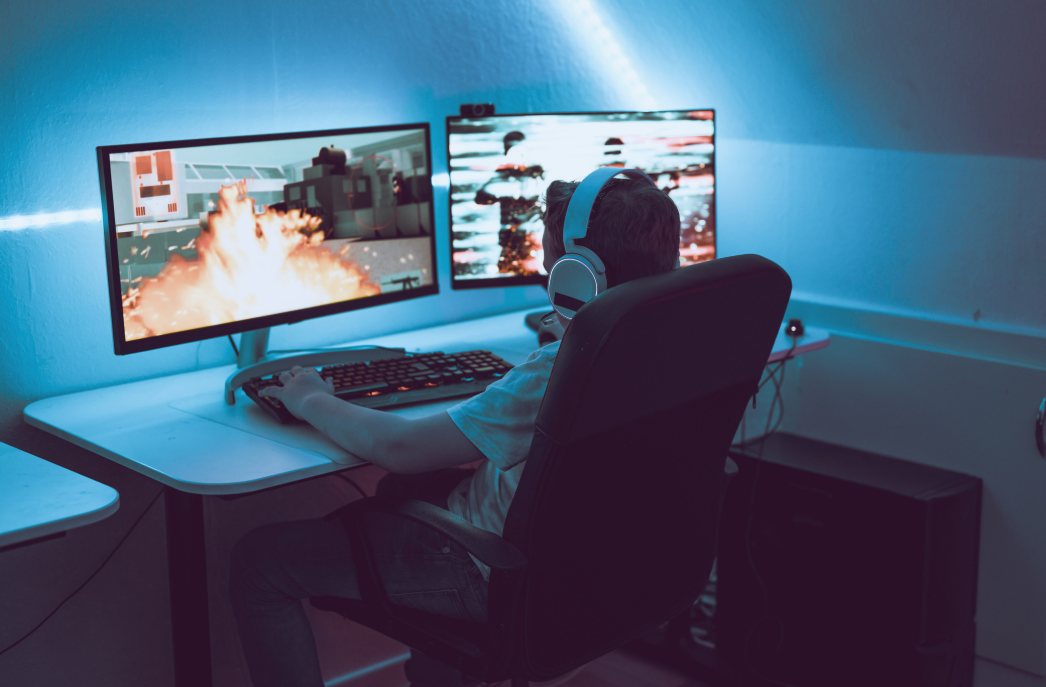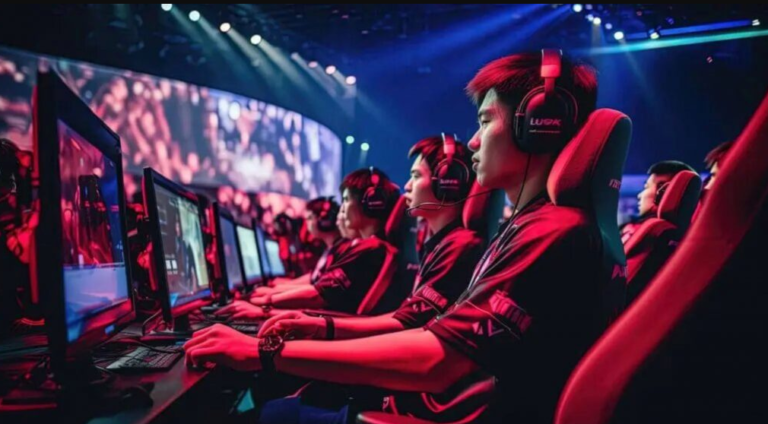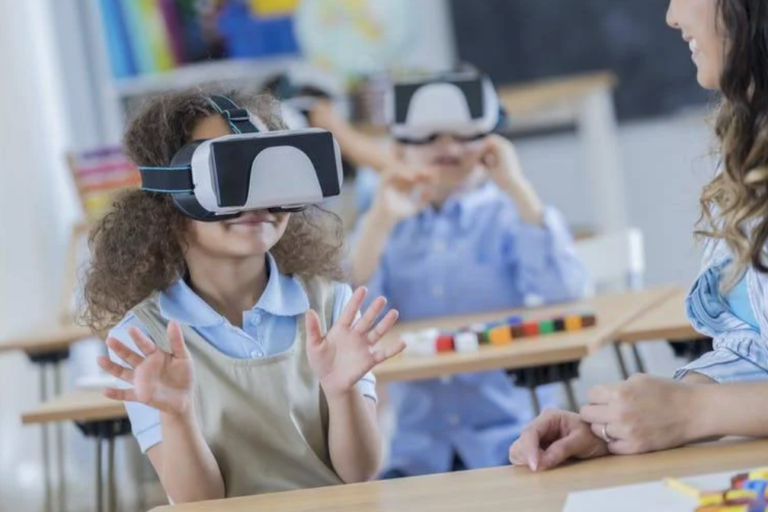Gaming and Mental Health: Benefits and Risks Explained

The relationship between gaming and mental health is complex. On one hand, video games can provide emotional benefits, enhance cognitive skills, and foster social connections. On the other hand, the risk of addiction can lead to negative consequences, such as withdrawal and neglect of responsibilities. Understanding this duality is crucial for individuals navigating their gaming habits. What strategies can one employ to harness the positive while mitigating the risks?
Positive Effects of Gaming on Mental Health
Numerous studies have highlighted the positive effects of gaming on mental health, demonstrating that video games can serve as valuable tools for emotional regulation and social connection.
Participants often experience cognitive benefits, such as improved problem-solving skills and enhanced focus.
Moreover, engaging in gaming can provide a healthy outlet for stress relief, allowing individuals to navigate their emotions more effectively and foster a sense of autonomy.
See also: Exploring Virtual Reality Games: Top Titles and Trends
The Role of Social Interaction in Gaming
How does social interaction within gaming environments influence players’ mental health? Engaging in cooperative gameplay fosters connections among players, creating supportive online communities.
These interactions can enhance feelings of belonging and reduce loneliness, contributing positively to mental well-being. Additionally, shared experiences in gaming can lead to improved communication skills and teamwork, reinforcing social bonds that may extend beyond the virtual world.
Risks of Gaming Addiction and Its Impact
While social interaction in gaming can foster positive connections, it is important to recognize the potential risks associated with gaming addiction.
Gaming triggers, such as stress or social isolation, can lead to addiction symptoms like withdrawal and neglect of responsibilities.
This dependency may ultimately hamper personal growth and relationships, creating a cycle that is difficult to escape, highlighting the need for awareness and proactive measures.
Finding a Healthy Balance in Gaming Habits
Finding a healthy balance in gaming habits is crucial for maintaining overall well-being, as excessive gaming can detract from other important aspects of life.
Implementing self-regulation strategies and effective time management can help individuals enjoy gaming while ensuring they engage in diverse activities.
This balanced approach fosters personal growth, enhances social interactions, and ultimately contributes to a healthier mental state and lifestyle.
Conclusion
In summary, the spectrum of gaming’s impact on mental health showcases both promising potential and perilous pitfalls. While positive interactions can foster friendships and fortitude, the shadow of addiction looms large, threatening well-being and responsibilities. Therefore, pursuing a balanced approach to gaming is paramount, enabling individuals to harness the happiness and healing it can provide while safeguarding against the seductive snare of excess. Mindful moderation, ultimately, is the key to maintaining mental mastery in the gaming realm.



